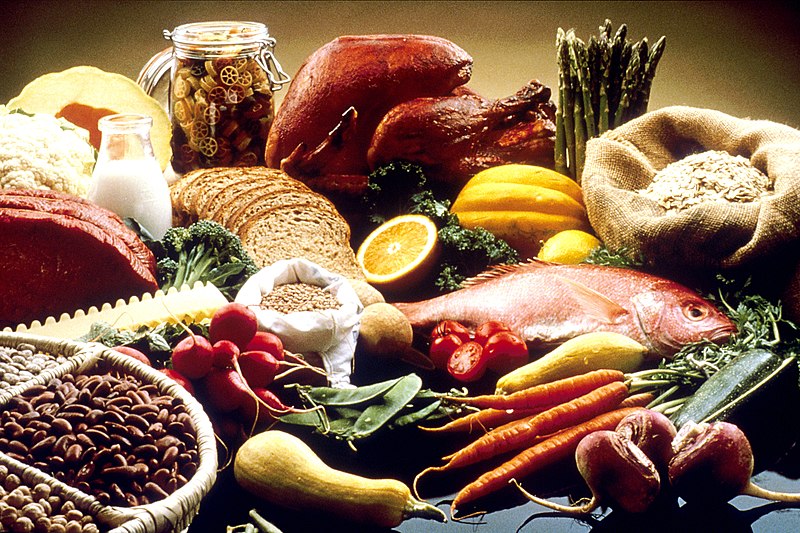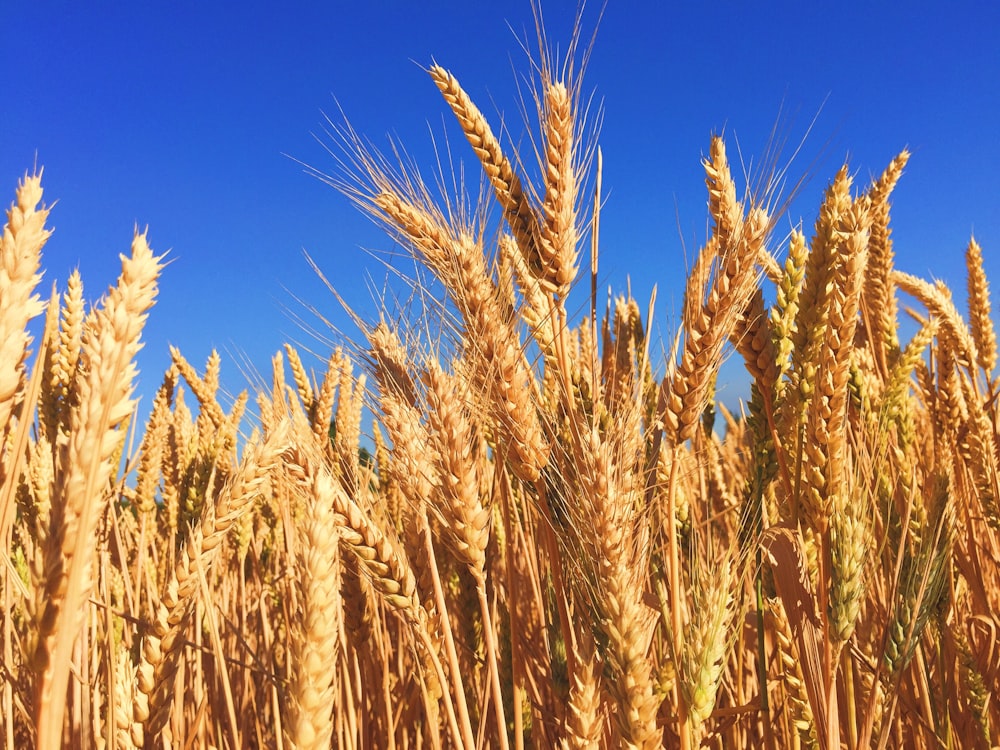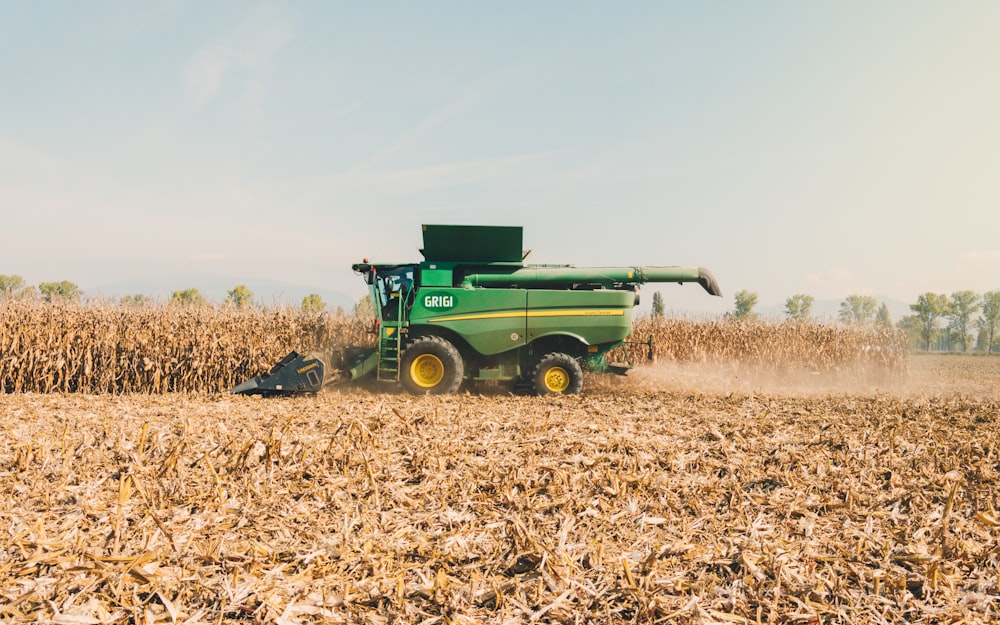A sermon preached by the Reverend Trevor Jamison at Saint Columba’s United Reformed Church, North Shields on Sunday 27 September 2020 Harvest Sunday
So, it’s harvest time, though not as we normally would know it.

Haddington West Parish Church https://www.haddingtonwestcofs.org.uk/picture-gallery
In any other year, there would be festive decorations throughout the church, and people processing to the front of the church together, bearing gifts of food; but not this year. Many of us, including me, feel sad about that, and in the light of recent government announcements which talk about restrictions which last for six months, some of our much-loved Christmas traditions also look unlikely to happen this year, at least not in their usual format.
Still, this harvest time, there is much to celebrate, including that we live in a country where, by virtue of the huge efforts of retailers, wholesalers, and transporters, all sorts of good things have continued to available to us. At the moment, that even includes flour, eggs, and those universally in-demand harvest items – toilet rolls. Maybe this is the year that we recognise and give thanks for the harvest of the forests, which provides the wood pulp, which produces paper, which results in toilet rolls.
Photograph by Melissa Askew – Unsplash
Other things may have been cancelled or delayed, but there has been a harvest yet again this year, because the growing process that God gifts to the world has continued, world pandemic notwithstanding.
Photograph by Edoardo Busti – Unsplash
And as well thanking God for the growth, we also give thanks for those who do the work of bringing in the harvest this year. After all, without the care of agriculturalists …
… who knows what imperfections or impurities might pollute crops that we all depend upon for life and flourishing. Jesus uses that situation, of weeds sprouting up in a field of wheat, in the parable in today’s reading from Matthew’s Gospel. He does so, not to talk about everyday farming but about a different sort of harvest. And here’s an image inspired by that parable …
It’s by a contemporary Greek artist, called Fikos, who paints huge murals, often on current themes, but using the style of Greek orthodox Christian iconography.
https://commons.m.wikimedia.org/wiki/File:The_parable_of_the_sower.jpg
Jesus says …
‘the kingdom of heaven is like someone who sowed good seed in his field’ (13:24), but then, we hear, that some enemy sowed weeds in the middle of it all.
When ‘weeds appeared as well as grain’ (13:26) the field workers asked the householder what they should do. Should they trample through the wheat, into the middle of the field to weed out the bad stuff? ‘No’, says the householder, wait until it’s harvest time, when the wheat has had its chance to grow. Then ….
‘… collect the weeds … to be burned, but gather the wheat into my barn.’ (13:30) That’s not usually something we emphasise in our harvest services; that in the ‘kingdom of heaven’ (13:24) – in the way God works – there will be “harvest” where God directs a division of weed from wheat; one to be burned, and the other is safely stored in God’s barn.
Maybe our discomfort with that image comes from a history of church people being all too keen to take an impressionistic image in a parable, and use it as though it were a detailed diagram which authorised them denouncing others as “weeds”, fit only for the fire. Discomfort with that, however, should not lead us to discard the parable, and its picture of God’s great harvest. Instead, we remember that this is Jesus telling a parable, and our belief is that Jesus’s personality and life-story give us a vital glimpse into the character of the God of the harvest.
That’s what leads me to focus not on the weeds being burned but on the lengths the householder goes to in order to get the good harvest wheat to flourish. The householder puts up with all sorts of stuff, for goodness knows how long, before anything (or anyone) is weeded out. Everything that grows (everyone that lives) gets the fullest chance to flourish in the way in which landowner intends that they should.
It might even be that Jesus tells this parable as a tale of “what might be”, but holding out the possibility that everyone could up as wheat, not weeds. Whatever the case, it’s clear that Jesus – it’s clear that God – wants to gather us into safety; God does not desire our destruction.
So, as at harvest time every year, we thank God for the harvest of food for the world, including the food we get to enjoy.
We also make sure to remember the importance of everyone in the world receiving their fair share of that harvest.
And finally, today, we look forward to the God’s great harvest, when we hope with confidence that we will be gathered into to God’s care for ever.
So let’s consider a traditional harvest hymn, recognising how much it speaks of God’s great harvest: Come, ye thankful people, come …
Come, ye thankful people, come,
raise the song of harvest-home!
All is safely gathered in,
ere the winter storms begin:
God, our Maker, doth provide
for our wants to be supplied;
come to God’s own temple, come,
raise the song of harvest-home!
All the world is God’s own field,
fruit unto his praise to yield,
wheat and tares together sown,
unto joy or sorrow grown:
first the blade, and then the ear,
then the full corn shall appear;
grant, O harvest Lord, that we
wholesome grain and pure may be.
Even so, Lord, quickly come
to thy final harvest-home;
from thy field upon that day
all offences purge away:
gather thou thy people in,
free from sorrow, free from sin,
there for ever purified,
in thy glory to abide.
Henry Alford (1810-71) altd.*




